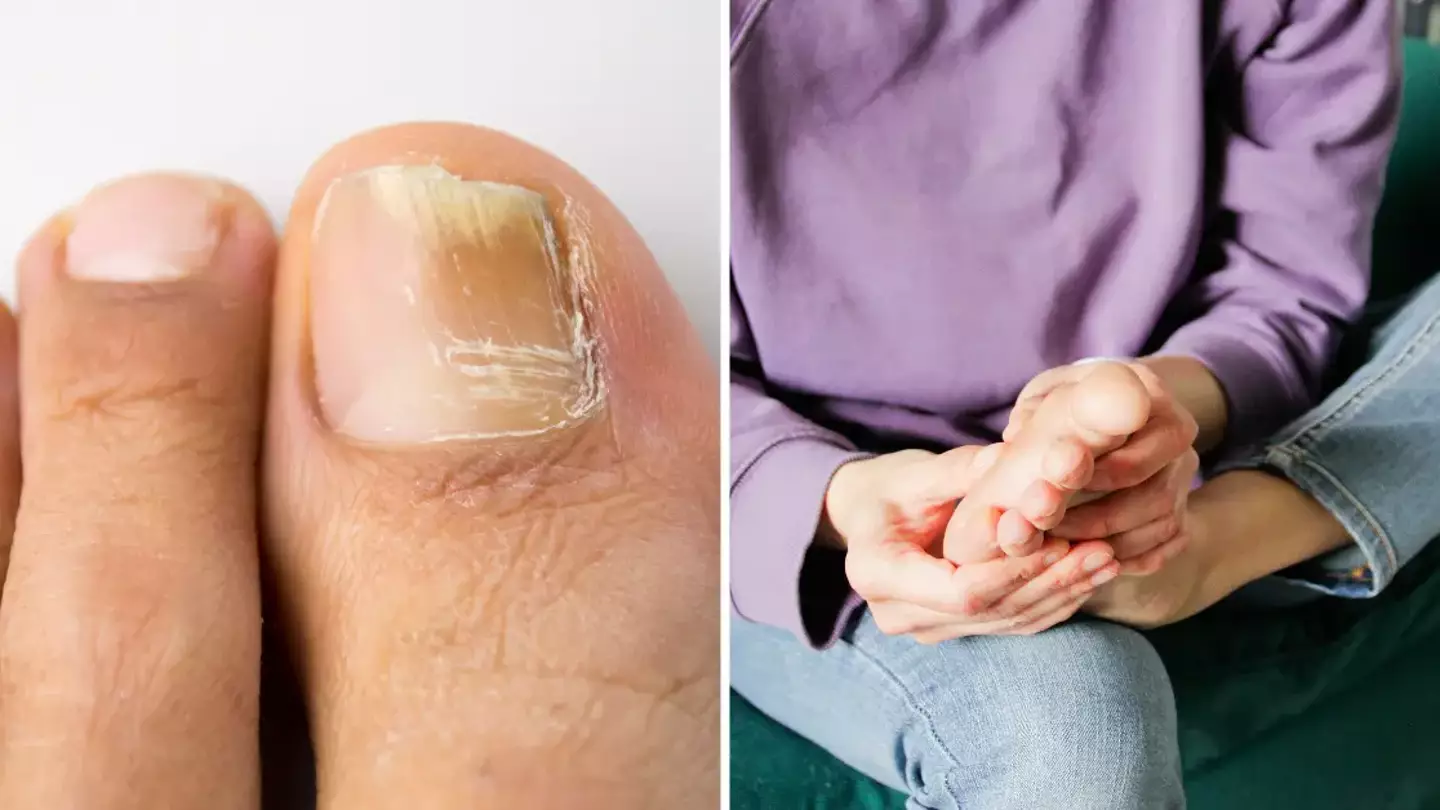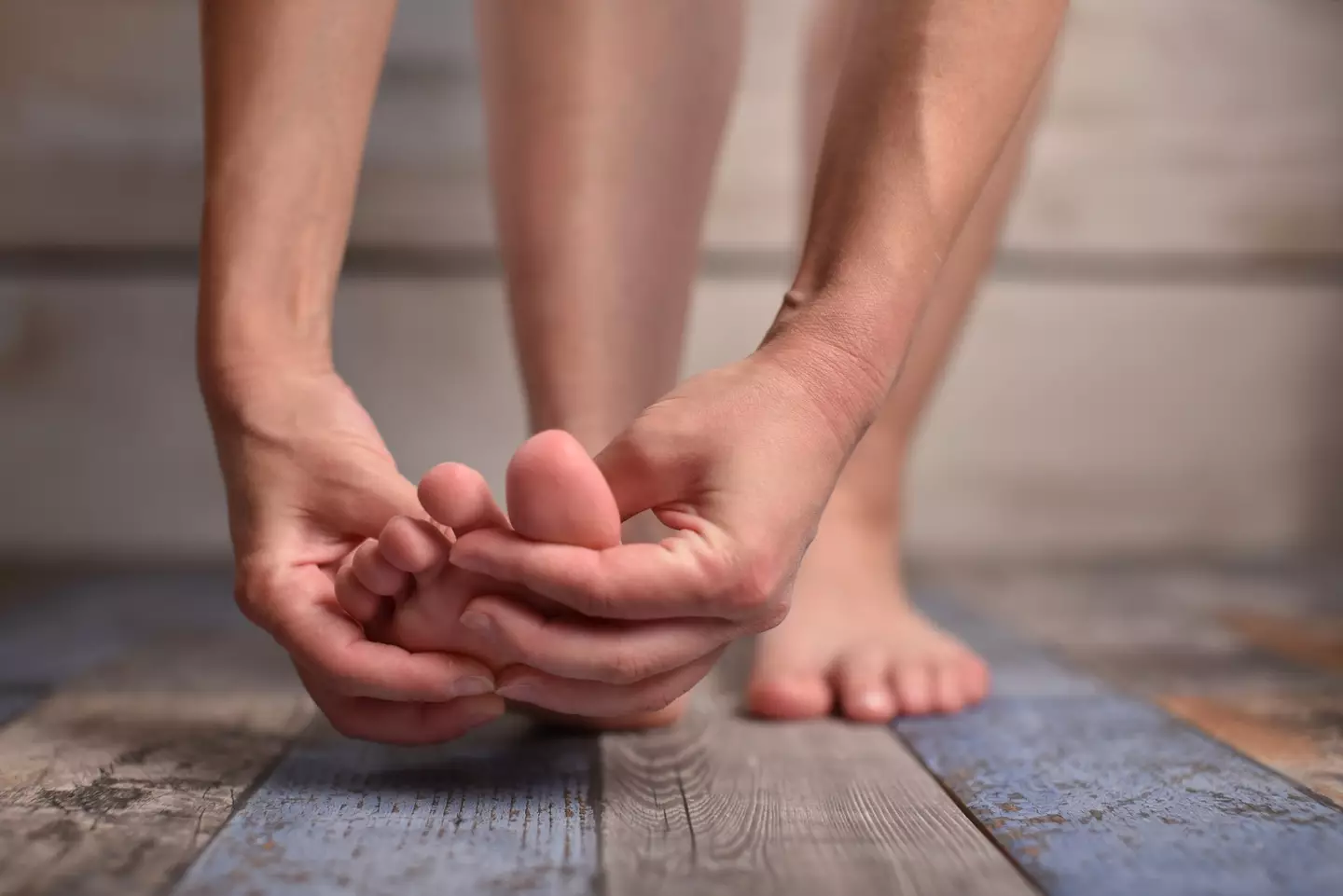
Our bodies often have bizarre ways of telling us that something is wrong, and according to one pharmacist, our feet in particular can be used as a means of checking whether or not we're suffering from a potentially fatal condition.
But what actually is this disease? How do we catch it? And how are our feet able to tell us if we have it?

According to pharmacist Noel Wicks - who also works as an advisor to Excilor - there are two ways of your feet showing that you may be suffering from an underlying health condition known as peripheral arterial disease, or PAD for short.
What is peripheral arterial disease?
According to the NHS, PAD is actually quite a common condition, which sees a build-up of fatty deposits in the arteries within the toes, restricting the supply of blood to your leg muscles, and other muscles in the body.
Advert
Not only can this cause severe pain in the legs, but the condition in itself can lead to more deadly illnesses, including both heart disease and diabetes.
"We need to keep an eye on our foot health, including our toenails, because it can impact on our overall health and be a sign of [serious] health issues," the pharmacist said.
Wicks explained that, not only do your actual feet often show signs of this condition within the body - by becoming cold, painful, swollen or numb, for example - your toenails can also be an indicator of PAD.
"Thickening and brittleness of toenails may also occur with heart disease," he noted, adding that thick, yellow nails could indicate a fungal infection, which itself can be a sign of PAD.
Advert

Other sensations like a tingling pain, burning, dry skin, cracked skin, blisters or sores that don’t heal, fungal infections and athlete’s foot should also be interpreted as possible signs.
And while both Wicks and the NHS say that this disease is common, it can be deadly if not properly treated, meaning a visit to the GP is absolutely essential.
That's because failure to get your feet checked could lead to much more serious symptoms showing up, including hair loss or colour changes on your legs and feet, numbness or weakness in areas, ulcers growing on the feet, and the muscles in your legs wasting away.
Advert
Even though PAD is more common in older folk, individuals who smoke, have type 1 diabetes or type 2 diabetes, have high blood pressure or high cholesterol are most at risk of being diagnosed.
Lifestyle changes such as eating a healthy diet, actively attempting to lose weight, cutting down on your booze intake and stopping smoking can help keep PAD at bay.
The NHS warns, however, that you should see a doctor if you experience recurring leg pain in any form - or particularly when attempting to exercise.
That's because, apparently, there's no real reason why an otherwise healthy person should experience leg pain, so it's always better to be safe than sorry.